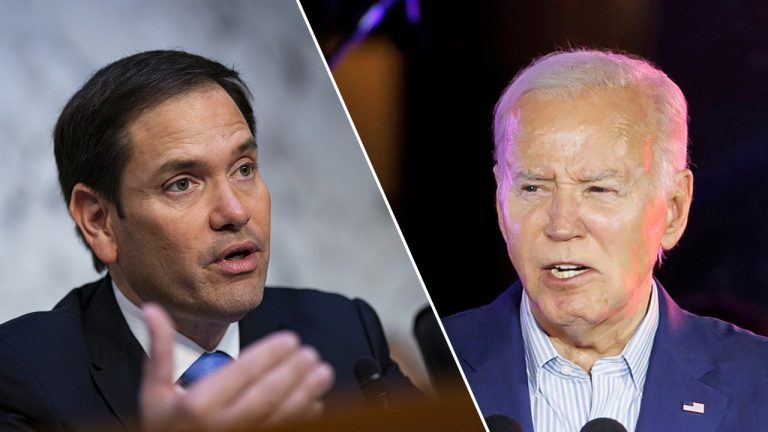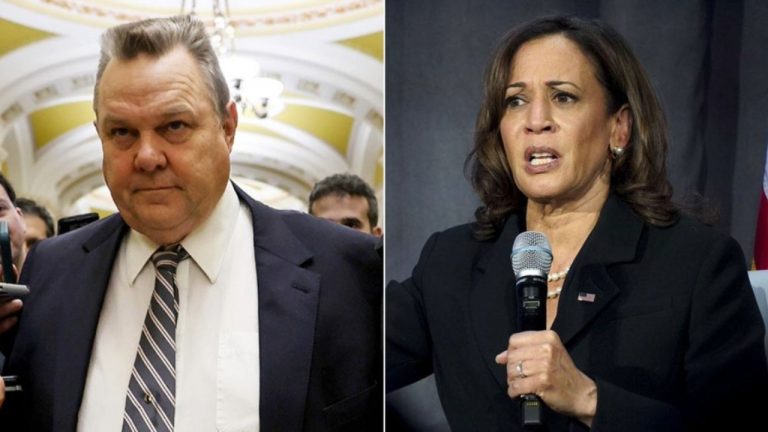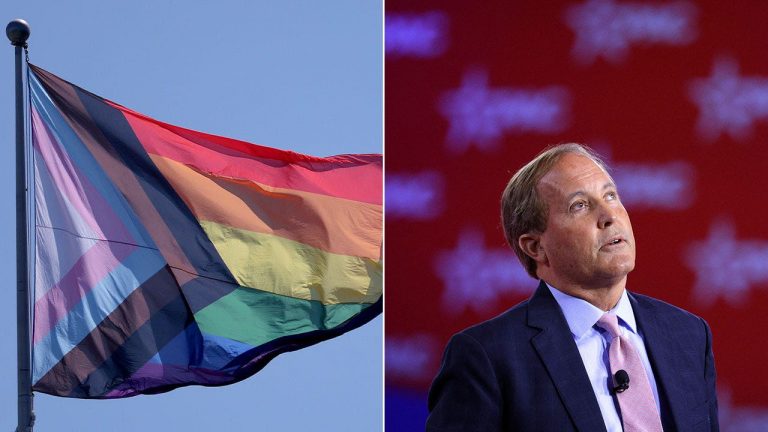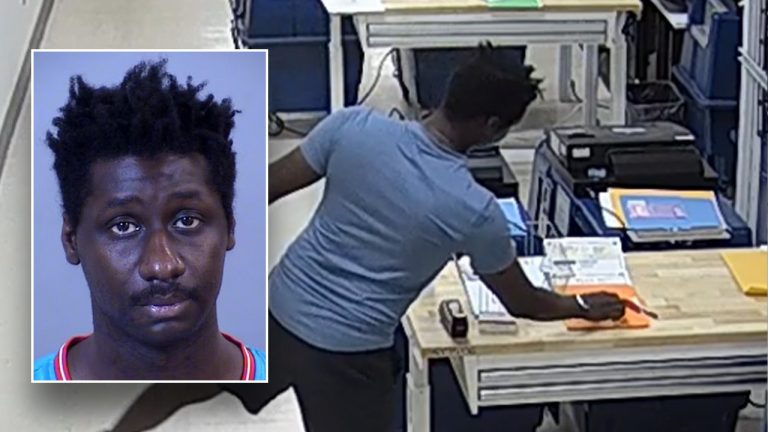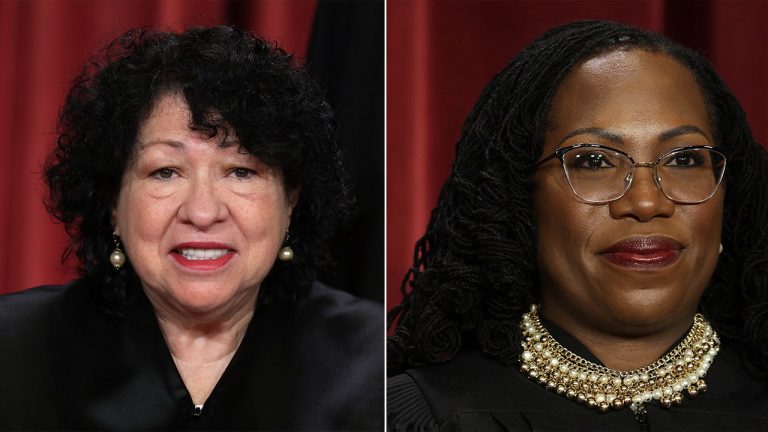New House bill requires approval from Congress for future Secret Service director
House Lawmakers Push for Senate Confirmation of Next Secret Service Director
A group of House lawmakers is pushing for changes in the appointment process of the next chief of the U.S. Secret Service. They are advocating for a more thorough confirmation process in the Senate before allowing an individual to lead this critical security agency.
Currently, the Secret Service director is appointed by the president without the consent of the legislative branch. This sets it apart from Cabinet officials and judges, who undergo Senate confirmation before assuming their roles.
The urgency for more accountability and stricter transparency measures for the agency has heightened following the attempted assassination of former President Trump last month.
The shooting incident took place during a Trump rally on July 13 in Butler, Pennsylvania, leading to the resignation of Director Kimberly Cheatle. The assailant, armed with an AR-15-style rifle, managed to fire shots despite being spotted by both law enforcement and civilians prior to the attack.
Tragically, one rally attendee lost their life in the shooting, and two others were critically injured. President Trump himself was shot in the ear before his quick evacuation by his security detail.
As a result of the widespread outrage, Kimberly Cheatle, who was appointed by President Biden in 2022, resigned from her position. Acting Director Ronald Rowe took over in her absence.
A new House bill introduced by Rep. August Pfluger of Texas, with the support of five other House Republicans, aims to mandate Senate confirmation for the Secret Service director. If passed, the president’s nominee would have to undergo a public hearing in the Senate and secure votes in the committee before a full chamber vote.
Rep. August Pfluger emphasized that a Senate-confirmed position for the Secret Service director would ensure appointees are both capable and apolitical.
Reports revealed that prior to the July 13 rally, President Trump had requested additional Secret Service security on multiple occasions, but his appeals were denied. Interestingly, Robert F. Kennedy Jr., a third-party candidate, faced a similar denial of Secret Service protection, which was later overturned by President Biden following the rally shooting.
The bill has garnered support from other lawmakers as well. Current co-signers include Reps. Anthony D’Esposito, Carlos Gimenez, Cory Mills, Michael Guest, and Brett Guthrie.
A similar bipartisan bill was introduced in the Senate last month by Sens. Catherine Cortez Masto and Chuck Grassley. In addition to Senate confirmation, this bill also proposes a 10-year term limit for the director role.
Follow us on Twitter at @bostonpostnews for more updates and insights into this developing story.



